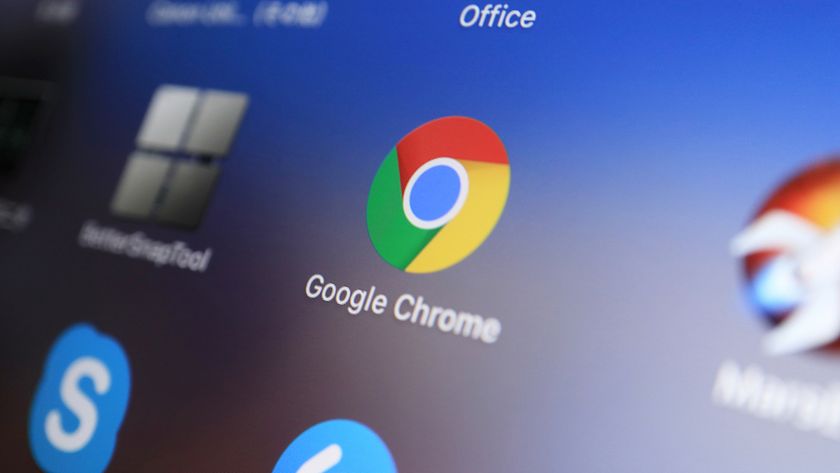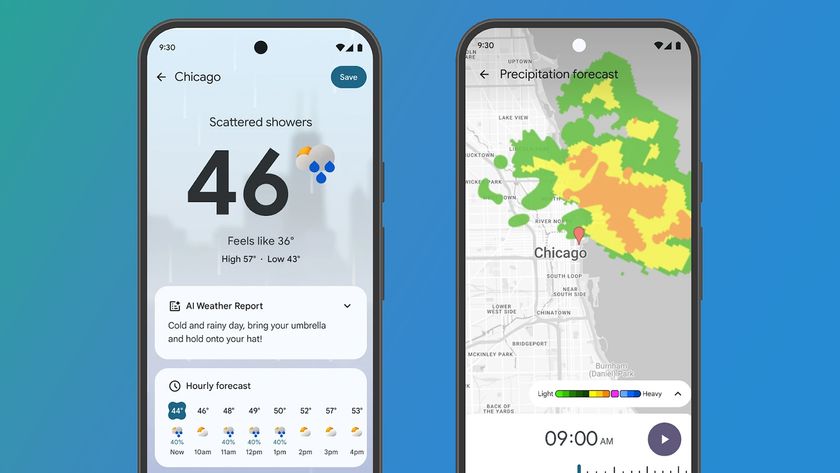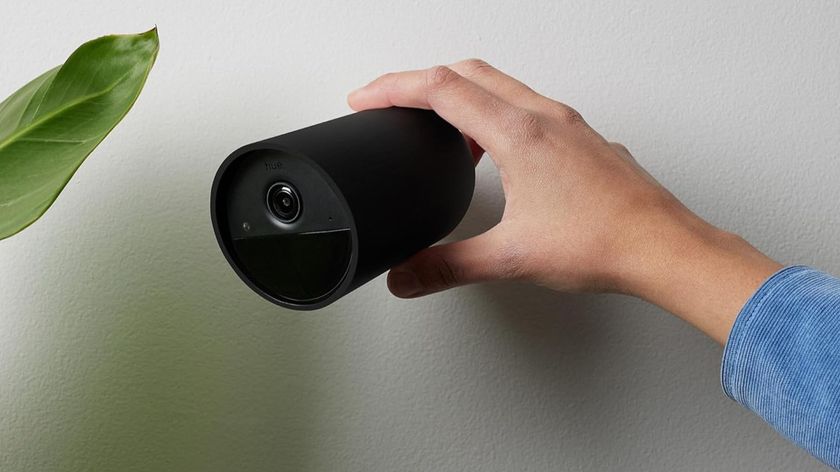
Google Chrome may soon block third-party tracking cookies, which monitor your behavior as you browse the web and follow you across different sites. The data they gather can be used to build a profile that can be sold to advertisers, with or without your knowledge or consent.
As Bleeping Computer reports, the latest version of Chrome Canary has a flag (an experimental feature) called 'Enable improved cookie controls UI'. When this flag is enabled, a new option called 'Block third-party cookies' will be added to the Cookies and Site Data screen, which can be accessed at chrome://settings/content/cookies.
- Check out our guide to the best browsers
- Find out how to activate dark mode in Chrome
- The best free password manager
Interestingly, this new flag has appeared just two days after the release of Firefox 69, which now blocks all third-party tracking cookies by default through its Advanced Tracking Protection feature.
Follow the leader
This is an interesting move by Google, which is facing a tough challenge as privacy becomes an ever-higher priority. It earns much of its income from advertising, which works far better when it's targeted – but users aren't too keen on the information-gathering that allows that targeting to happen.
A few weeks ago, Google proposed an idea for a 'privacy sandbox', which would allow Chrome to gather information on users' browsing and present them with targeted ads without giving advertisers more detail than strictly necessary.
In its proposal, Google defended cookies, saying that if they are blocked, advertising companies will move to more nefarious methods such as fingerprinting to track users' activity. It also noted that "...blocking cookies without another way to deliver relevant ads significantly reduces publishers’ primary means of funding, which jeopardizes the future of the vibrant web".
However, Google's suggestions for different ways of targeting advertising would depend on huge, industry-wide changes that would take many years to implement (if they were accepted at all). It may go against Google's instincts, but new cookie controls for Chrome would be a much quicker, easier way to tackle the problem, and would put users back in control of their own data.
Get daily insight, inspiration and deals in your inbox
Sign up for breaking news, reviews, opinion, top tech deals, and more.

Cat is TechRadar's Homes Editor specializing in kitchen appliances and smart home technology. She's been a tech journalist for 15 years and is an SCA-certified barista, so whether you want to invest in some smart lights or pick up a new espresso machine, she's the right person to help.












